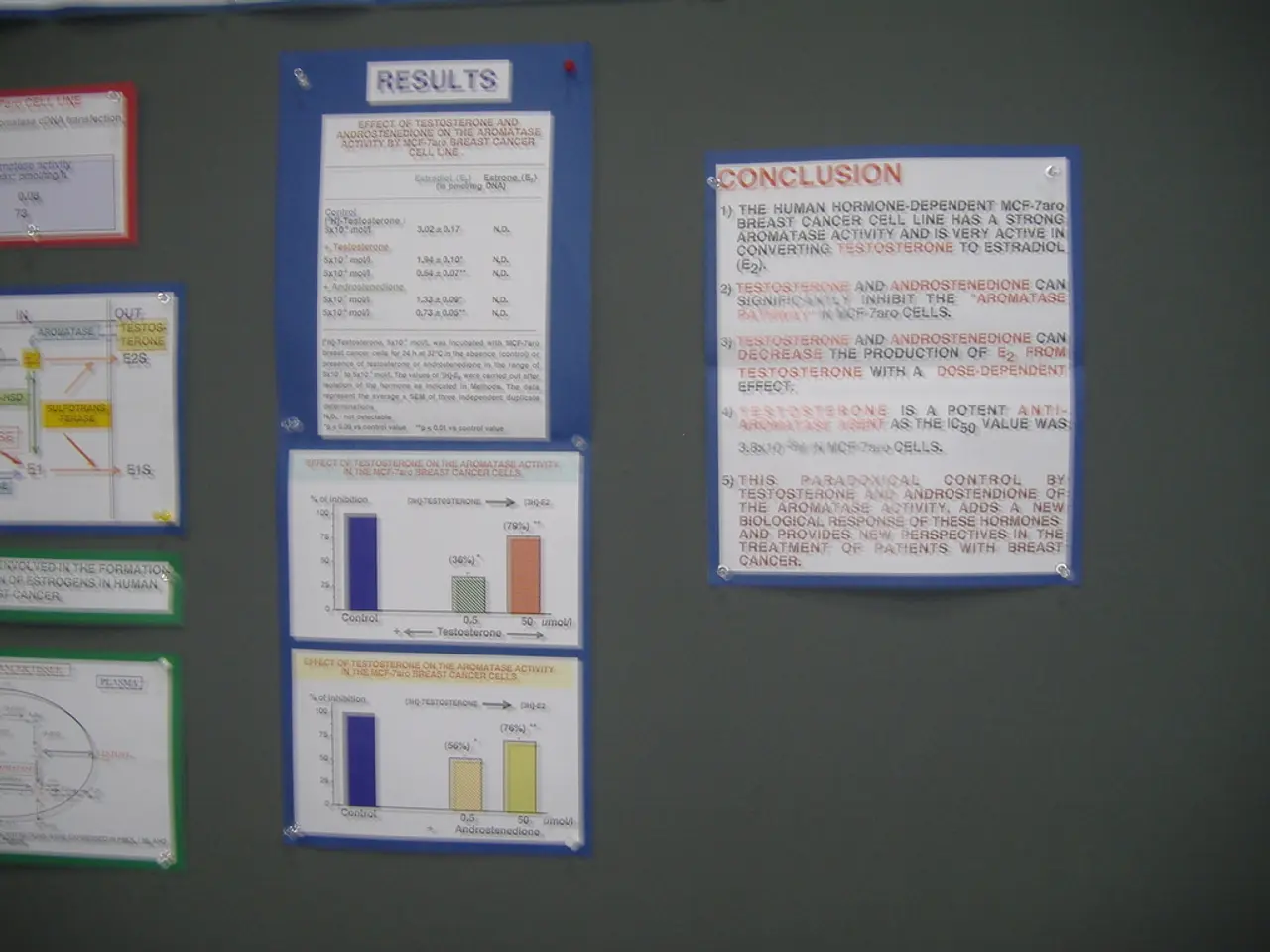Holidays vs. Economic Growth: Breaking Down the Controversy
Reduced Holiday Count Yields Limited Economic Growth
In the world of economics, the debate over axing holidays for the sake of growth is heating up. Recently, the Hans-Böckler Foundation, an organization close to trade unions, shed some light on this contentious issue. Contrary to popular belief, their research found no substantial evidence to support the claim that doing away with holidays boosts economic performance.
The researchers analyzed six particular cases where holidays had been scrapped or introduced in Germany over the past 30 years. Interestingly, in approximately half of these cases, the economy flourished in regions that retained or added working holidays. According to Sebastian Dullien, IMK's director, the old saying is too simplistic and doesn't accurately represent the complexities of today's working society.
The idea of nixing one or more holidays to stimulate economic growth has been picking up steam in discussions lately. Several high-ranking figures, such as the President of the German Chamber of Industry and Commerce, have endorsed it. The International Institute for Economic Research (IW) calculated that an extra working day could inflate the GDP by a staggering 5 to 8.6 billion euros.
Not everyone shares this enthusiasm, though. Economist Monika Schnitzer, a member of the Council of Economic Experts, is among those who approve of eliminating a holiday in Germany to fund crisis obligations. Others, like the head of the Munich Ifo Institute, Clemens Fuest, argue that axing a holiday would help "increase the labor supply."
The Saxony Exception
The IMK study also took a closer look at how the elimination of the Buß- und Bettag holiday in all states except Saxony affected the economy from 1995 onwards. In stark contrast to the so-called equation, the GDP grew stronger in Saxony in 1995 compared to the rest of Germany. According to the researchers, Saxony's GDP grew at an average of 3.4% nationwide, but a whopping 9.7% in the Eastern state of Saxony.
Furthermore, the GDP in Saxony outpaced both its neighboring states, Saxony-Anhalt and Thuringia, that had ditched the holiday. So, what gives? Researchers speculate that this might be due to the fact that less recovery time could potentially sap productivity. Panic-stricken employees, faced with fewer holidays, might respond by cutting back elsewhere, such as reduced working hours in part-time jobs.
Three Kilometers Matter
It's important to note that overall economic production is the product of various factors. Focusing solely on working hours doesn't provide the full picture, as productivity and innovation play a crucial role. The IMK argued that the absence of significant economic growth resulting from a smaller number of holidays might be because shorter periods of rest impact productivity.
This is supported by the potential reduction in workers' well-being due to the removal of holidays, which could lead to burnout, reduced morale, and diminished innovative capacity. Holidays, in essence, offer necessary reprieves that promote overall well-being and creative thinking.
In the Eye of the Beholder
To summarize, the idea of canceling some public holidays to boost economic growth is a contentious and complex issue with mixed evidence and significant resistance from the general public. Though eliminating holidays might marginally increase GDP due to additional working hours, as some studies suggest, there is little concrete evidence to support the claim that it would enhance economic performance. Moreover, a substantial majority of Germans show strong support for preserving public holidays due to their cultural and economic benefits, such as increased consumption fueled by tourism and dining out. Lastly, productivity improvements depend not only on working hours, but also on factors like efficient labor use, innovation, and employee well-being.
Enrichment Data:
- The debate over reducing public holidays to boost economic growth is politically charged, with conservative parties typically advocating for holiday cuts and the majority of the population and other political groups resisting it.
- Germany's productivity is impressive, despite having fewer annual hours worked per person compared to several other European countries. The emphasis by policymakers on working rather than just longer hours suggests an emphasis on effective labor use and innovation.
- Reducing holidays might risk worker burnout and reduced morale, potentially harming long-term productivity and innovation. Public holidays serve essential rest periods that support overall well-being and creative thinking.
- While some policymakers suggest that funding crisis obligations could be achieved by eliminating a holiday, vocational training programs could also be financed in this manner, thus ensuring the continued development of the workforce and fostering business growth through a skilled and adaptable workforce.
- In light of the ongoing economic growth debate, considering the evidence that shows no substantial increase in economic performance from eliminating holidays, the government could instead focus on implementing community policies that support vocational training, providing vocational training opportunities for individuals, and ultimately contributing to the long-term growth and success of local businesses.





